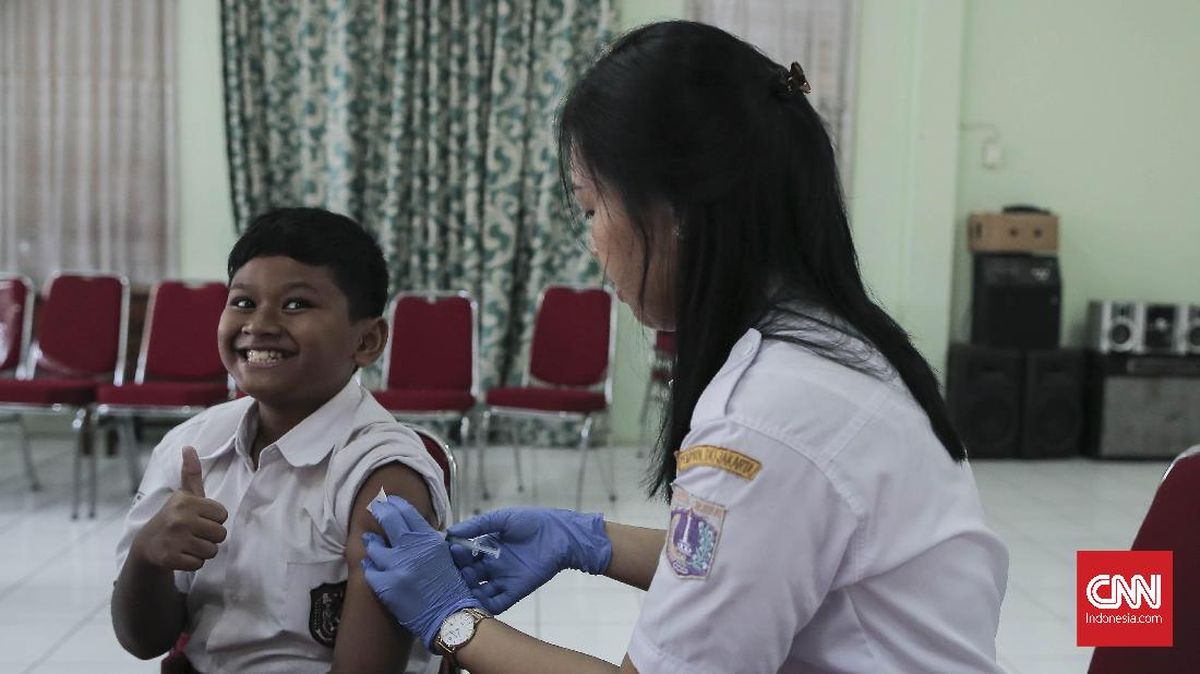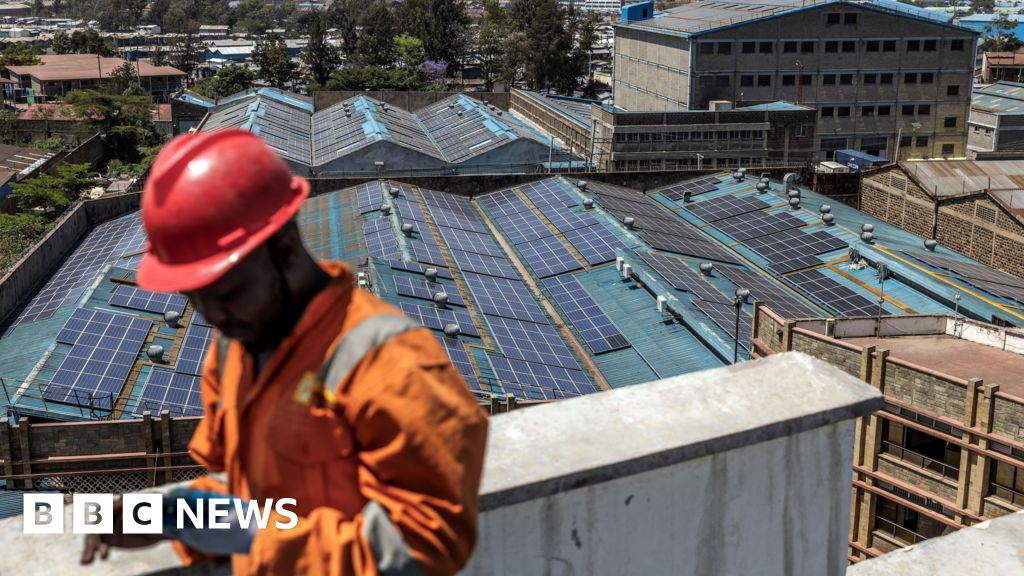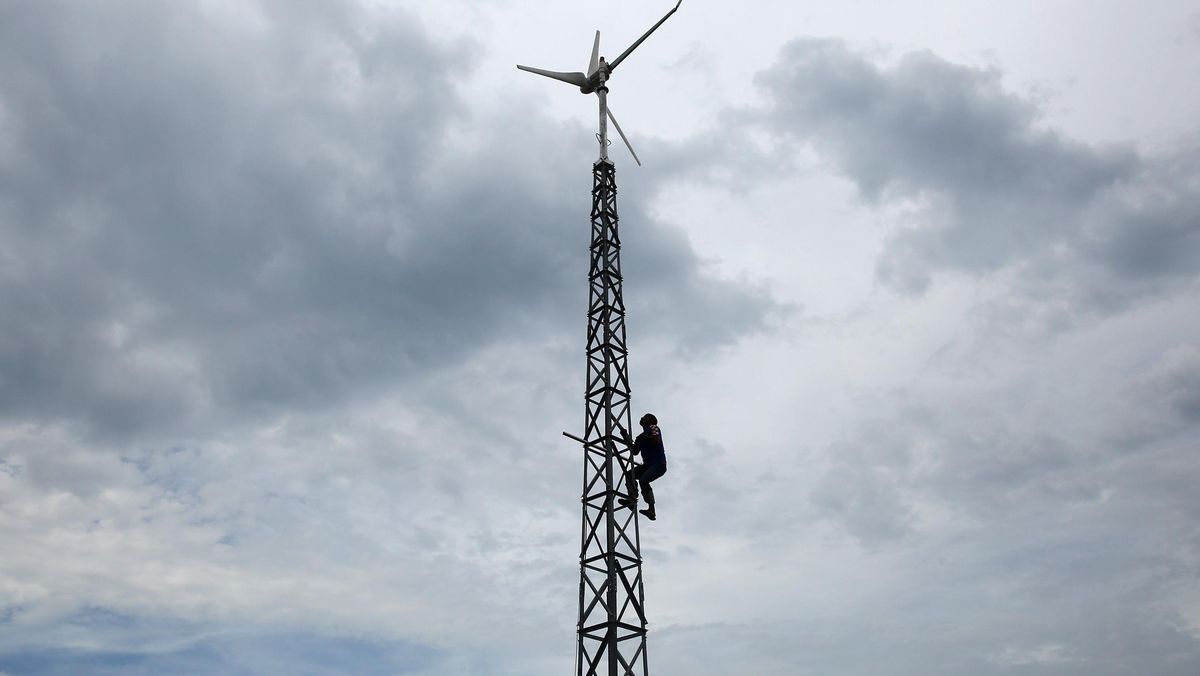This time last year, Australian chief executives were heralding the end of the flexible workplace: 82 per cent of them expected white-collar workers to be back in the office five days a week in three years. How quickly things have changed.
The latest KPMG global chief executive survey, released this week, shows just 22 per cent of Australian respondents expect white-collar workers to return full-time in what represents a massive backflip on workplace flexibility.

Australian chief executives have backflipped on forecasts that workers will be forced back to the office five days a week.Credit: Eddie Jim
“The numbers confirm what we have long suspected: a return to a fully back-in-the-office workforce in Australia is unlikely,” KPMG Australia boss Andrew Yates said. According to Yates, it may reflect, another year on from the pandemic, a better grasp of priorities by both sides.
“Employers understand that the degree of flexibility is what people expect. And I think employees, on the other hand, have also realised the benefits of coming into the office.
“Interestingly, almost 50 per cent of the Australian CEOs think that three days in the office is where this will land. And I think that’s pretty consistent with my view.”
Loading
The KPMG survey also indicated that workers can be more assured that AI is not looking like an office-based threat to their jobs.
While 70 per cent of respondent CEOs in Australia said AI was a top investment priority, 40 per cent said they were still learning on the go.
This might explain why nearly one-third were committing less than 10 per cent of their investment budget on the nascent technology. Despite this, most respondents felt they were ahead of the AI curve, or moving at the right pace, and clearly were not preparing for AI carnage in their workforce.
About 92 per cent of survey respondents, locally and globally, expect to increase their workforces over the next three years despite the rise of AI.
This view contrasts wildly with the likes of Dario Amodei, chief executive of ChatGPT rival Anthropic, who earlier this year predicted a scenario where “20 per cent of people don’t have jobs”.

KPMG Australia boss Andrew Yates backs the majority view that most workers will work three days a week in the office.Credit: Oscar Colman
Or, the prediction of NAB boss Andrew Irvine, that workers who don’t learn AI risk replacement by more savvy colleagues. “AI is not going to take away people’s jobs. People using AI are going to take the jobs of people not using AI,” Irvine said recently.
If the big four banks’ latest announcements are any indication, cost-cutting by new chief executives like ANZ’s Nuno Matos, and outsourcing to low-cost work hubs in Asia, still represent a far greater threat to local workers than AI.
CBA recently reversed plans to cut staff due to AI and hundreds of job cuts at NAB last month came as the bank was establishing 127 new roles in India and Vietnam to perform work that was previously done in Australia, the Finance Sector Union said. Matos is expected to detail plans next week, underpinned by thousands of job cuts that were announced last month.
Loading
The one area that all businesses are investing in strongly – more so than AI – continues to be cybersecurity.
Optus’ fatal 000 outage is just the latest issue highlighting the significant risk to local business when it comes to cybersecurity and digital risk resilience.
“Cybersecurity is the No.1 area of increased investment. I think that just reflects the ongoing complexity and threat that that brings to business,” Yates said.
Most Viewed in Business
Loading


















































